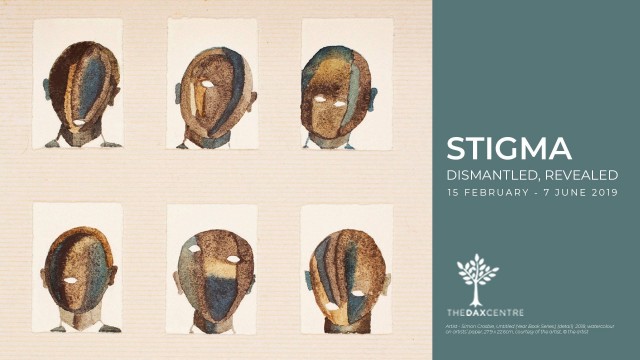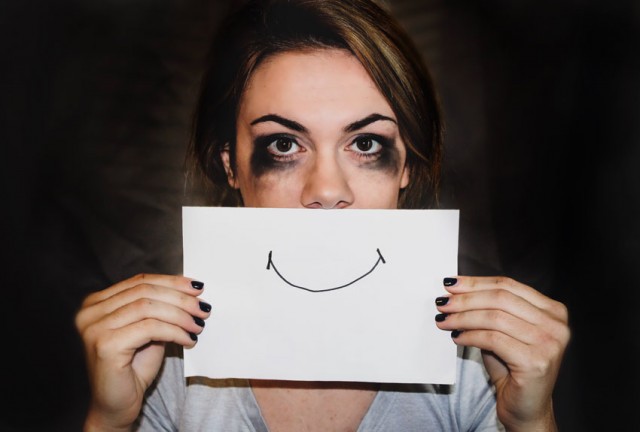Twice a month, SANE runs Topic Tuesday events on our forums. These are a chance for people around the country to come together in real time to discuss issues involving complex mental illness. Previous topics have covered everything from the side effects of medication to creating a safety plan, from supporting someone through panic attacks to sex and intimacy with a complex mental illness.
Topic Tuesday discussions are anonymous, safe, moderated by mental health professionals and free for users to take part.
The forum holds a space for a Lived Experience community and another for the Carers community and a monthly event is held in each side. In January we hosted “Supporting your loved one through a panic attack” in the Carers forum but with participation from people in both groups.
It was extremely informative to hear about panic attacks from both those having them and those observing them. Here’s a selection of perfectives from the event.
Many said the first time came as a shock:






























